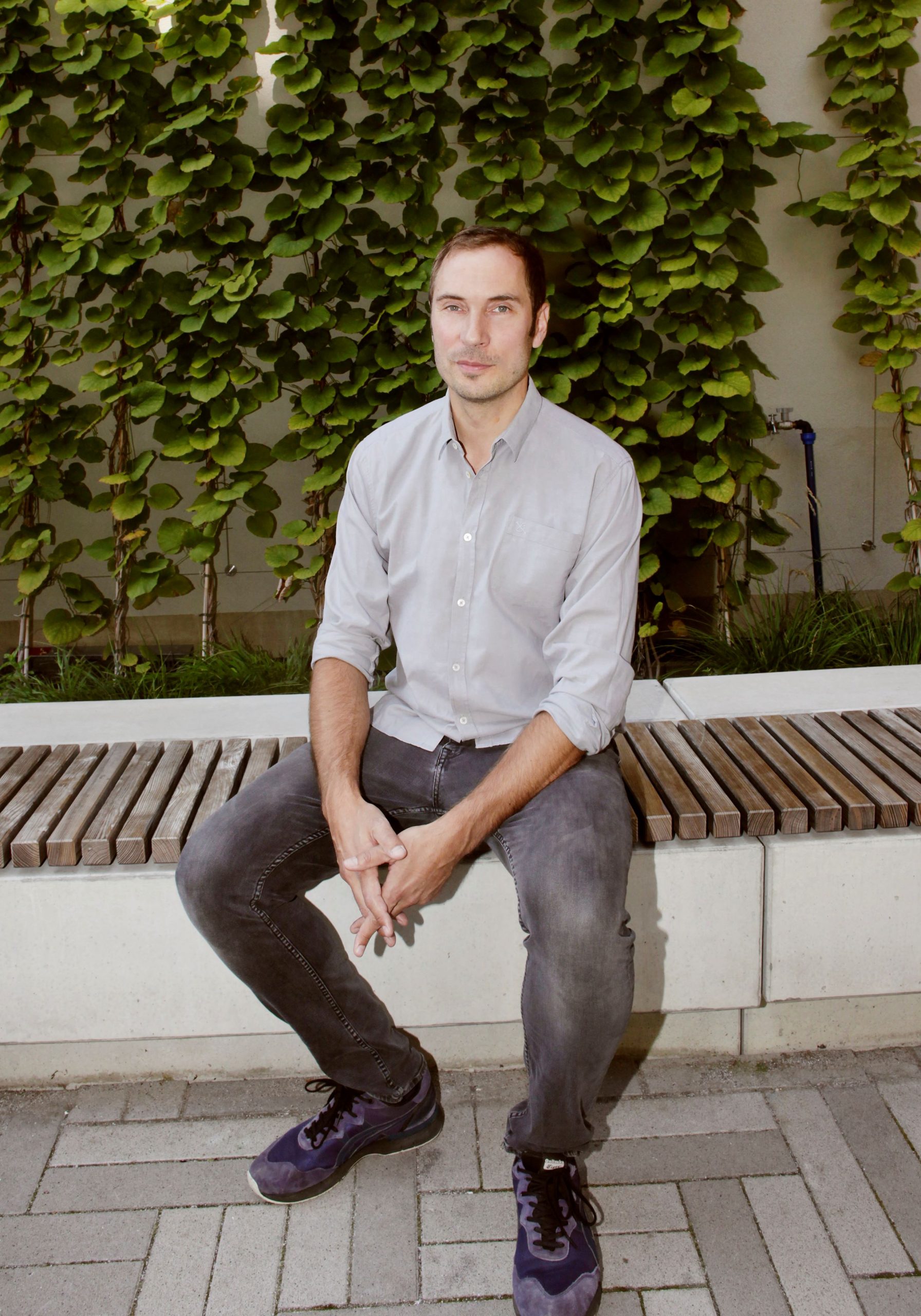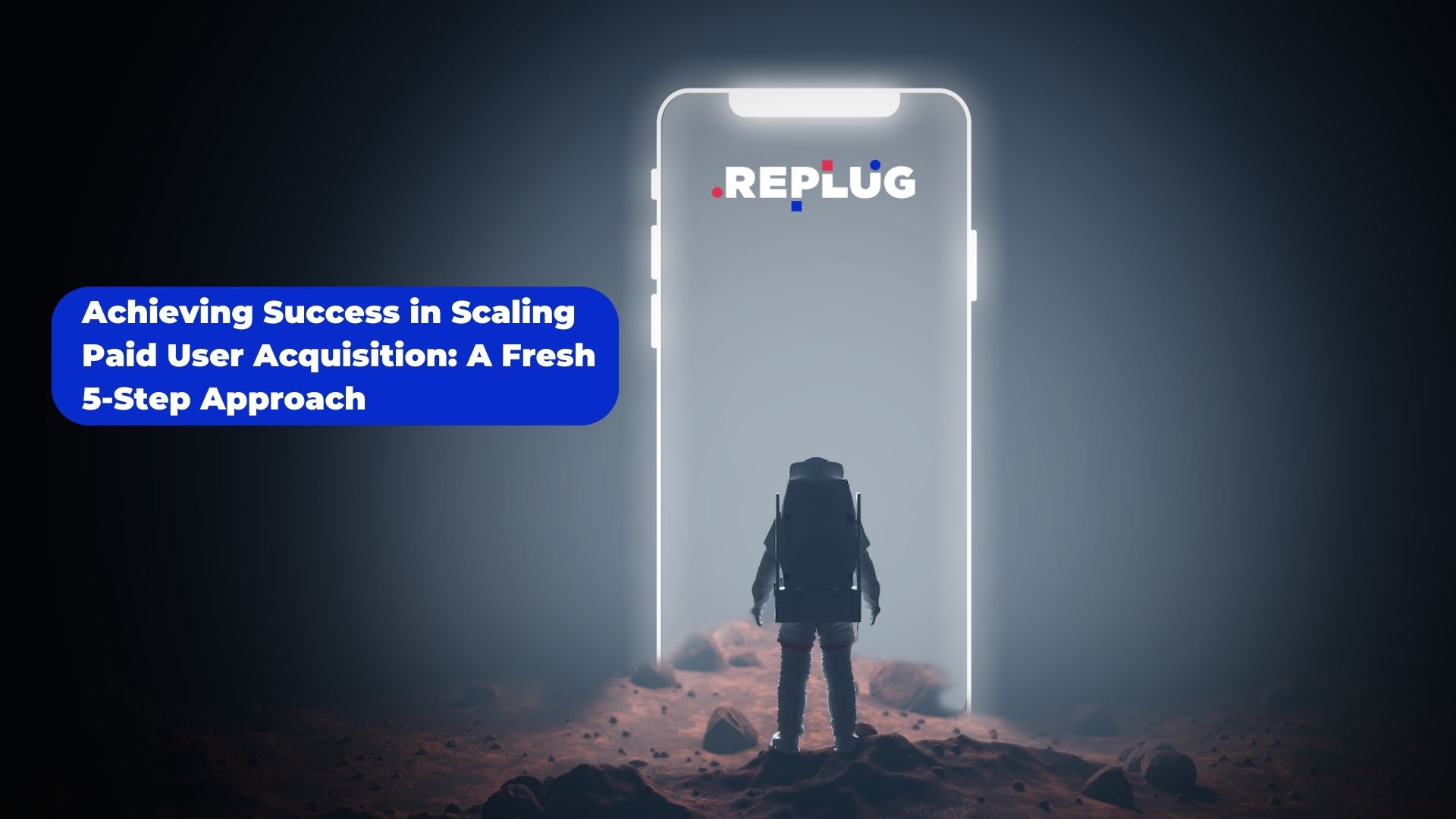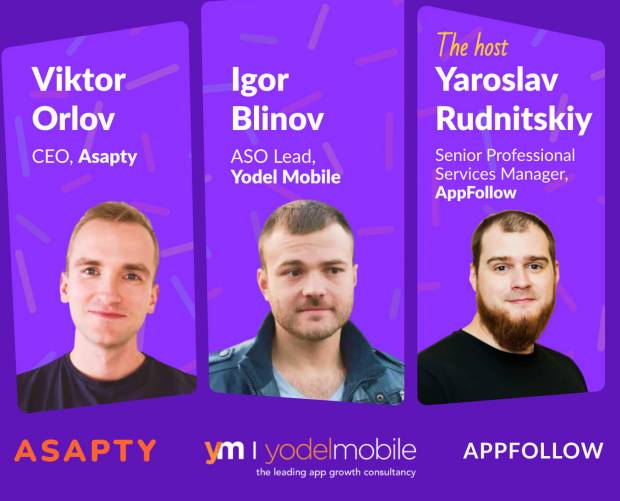Is it time for your brand to BeReal with Gen Z?
- Monday, October 17th, 2022
- Share this article:
Alex Gallagher, Chief Strategy Officer at Unidays, considers the appeal of BeReal as a marketing channel for brands.
 There is a new app taking the social media world by storm. From a virtual unknown in early 2022, BeReal has soared up Apple’s download charts, currently sitting above powerhouse competitors TikTok, YouTube and Instagram.
There is a new app taking the social media world by storm. From a virtual unknown in early 2022, BeReal has soared up Apple’s download charts, currently sitting above powerhouse competitors TikTok, YouTube and Instagram.
This rapid rise has seen BeReal, considered by many ‘the anti-Instagram’s app showcasing life without filters’, pass 10m active users. Gen Z, in particular, has fallen in love with the app, and makes up over 80 per cent of users.
While BeReal has a long way to go to reach the billion-plus users of Instagram and TikTok, it is closer to TikTok’s 50m daily users.Combining this with undeniable popularity among 18-25-year-olds, it has the potential to shift the face of social media marketing once again.
In the UK, based on our own data, Gen Z makes up 40 per cent of the total consumer base. With the number of active BeReal users rising 300 per cent since April, according to Apptopia, and popularity building on both sides of the Atlantic, brands should all be asking the same question. Is BeReal right for us?
A question of identity
To answer this question, brands need to assess their core values. Gen Z is driving the movement to liberalise personal identity, and BeReal has won Gen Z hearts by freeing users to be their authentic selves on the app.
Predominantly used by close groups of friends, BeReal strips away the pre-prepared highlights reels seen across Facebook, Instagram and TikTok giving individuals a glimpse of their inner circle’s everyday lives.
If brands are engaging on BeReal, they too need to deliver an unfiltered content stream. This means that their content, and associated influencer posts, must be centred on issues they care about. But be warned, Gen Z consumers are no fools. They are often sceptical of brand motivations when it comes to inclusivity, with 57 per cent saying that brands come across as tokenistic according to the recent Unidays fashion report.
Furthermore, according to a study from the IBM Institute for Business Value and the National Retail Federation, 60 per cent of Gen Z-ers believe it is important for brands to demonstrate that they value their opinions – so identifying brand values aligning with Gen Z’s core beliefs, such as sustainability and social equality, is key to integration on what is fast becoming a community platform. Our 2022 Back to Campus report also supports this idea, as it found that students consider past brand experience to be one of the most important factors when buying.
Why does this matter for brands?
As the first digital-native generation, 97 per cent of Gen Z-ers claim they use social media as their top source of shopping inspiration – spending nearly an hour a day on TikTok alone, according to a report from The Influencer Marketing Factory. Brands that demonstrate consistent commitment to honest engagement as part of BeReal’s growing community, have an opportunity to gain a daily touchpoint with this core consumer group.
To succeed, brands need not only to find the right cause but also the best way to deliver their message on a platform that doesn’t allow multiple takes – users can only delete and retake posts once a day.
Mexican fast food chain Chipotle became one of the first brands to successfully take the BeReal stage, offering free food to the first 100 people to use a code featured on their post. The brand embraced the spirit of the app, posting a no-frills, low-res image of some packaging with the code hand-written on it.
With BeReal presenting a direct line to Gen Z consumers, who also influence Gen X and Millennial spending habits, we can expect more brands to make their entrance soon.
Is BeReal here to stay?
Having exploded in popularity since the beginning of the year, we can expect a further influx of Gen Z users in the coming months as university terms reach full swing and new friends spread the word among peers.
Inspired by the increasing popularity of BeReal, TikTok is also jumping on the “candid bandwagon” and decided to introduce its new TikTok Now feature, currently available in the US. Following a similar format as BeReal, TikTok Now enables users to post 10-second candid videos or images. Instagram is also reported to be trialling a feature that is eerily similar.
For some, this could present a question mark, as BeReal faces a challenge to its niche offering. However, copycatting is not a new phenomenon among the major social media platforms, and we can learn a lot from the battle for attention between TikTok and Instagram Reels.
A leaked document recently showed users are spending less than 10 per cent of the time on Instagram Reels compared to TikTok. With users showing a clear preference for the initial offering, we can expect that Gen Z will remain loyal to BeReal as the first-mover providing an unfiltered social space.
In another boost to BeReal’s long-term prospects, a recent study from Impero found that 65 per cent of Gen Z prefer community-based apps, including Discord and Twitch, over individualistic apps such as Instagram. Where TikTok and Instagram both face questions about the lack of relevant content in users’ streams, BeReal has created separate feeds for friends and for discovering new profiles. This feature should help ensure BeReal maintains the intimate, community feel favoured by Gen Z, even as its audience continually grows.
Is my company ready to BeReal?
As BeReal hits the mainstream, companies have an ideal opportunity to join the popular app and gain an early-mover advantage. However, before jumping in companies need to assess whether they are ready to answer BeReal’s challenge of delivering a candid photo, 365 days a year.
Gen Z is rushing to do so in their millions, and brands that are willing share openly on a daily basis can benefit from a unique opportunity to maximise key calendar moments when they do arrive.
While the app lends itself perfectly to sharing moments around key campaign periods, silent periods between activity could lead to a loss of trust among Gen Z users.
Herein lies the challenge – is your brand truly ready to BeReal?

















